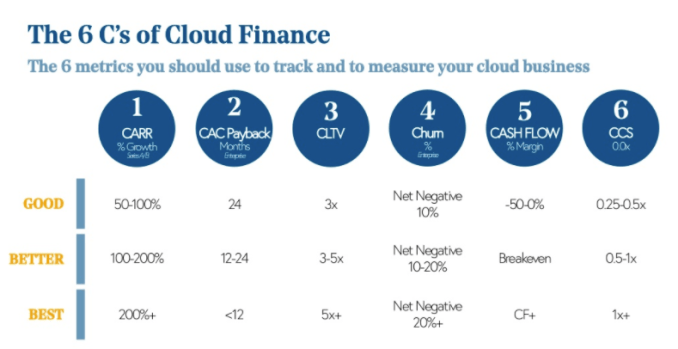A big changing of the guard is underway at one of the world’s biggest and iconic names in telecoms and media: AT&T today announced that Randall Stephenson will be stepping down as the chairman and CEO of the telco, and he will be replaced by John Stankey, currently the COO. The change is effective on June 1, and while Stephenson is retiring, he will stay on as executive chairman of AT&T until January 2021.
The appointment of Stankey is a sign of how AT&T has been evolving as a business and specifically its stronger reorientation as a media company alongside its telco roots, as one way of evolving and diversifying its business at a time that communications infrastructure becomes increasingly commoditized.
Media, in that time, has become increasingly digitised, and so those who are controlling what goes “over” our broadband and wireless connections stand to make strong returns by having more of a verticalized business model, where they control the medium and the message, so to speak. (That, at least, is the theory, since for many carriers their best returns still come from their networks, not the services that run on top of them.)
Most notable in AT&T’s evolution towards a stronger media focus has been its acquisition of Time Warner for $85.4 billion in 2018, although others such as its acquisition of AppNexus have also been notable advances.
That strategy has put AT&T in some contrast with, for example, Verizon, which also has media interests (including TechCrunch, which it owns) but it arguably has taken a different approach to developing the “M” of TMT compared to Comcast or AT&T. (And when it appointed a new CEO in August 2018, Verizon brought in a person from telecoms, Ericsson’s Hans Vestberg.)
Stankey’s roles at AT&T have included CEO of WarnerMedia, and CEO of the AT&T Entertainment Group, as well as a number of other roles including Chief Strategy Officer; Chief Technology Officer; CEO of AT&T Operations; and CEO of AT&T Business Solutions.
Prior to the announcement, he was already overseeing three of AT&T’s four business units — AT&T Communications, WarnerMedia and Xandr (its advertising business). Together these three represented 95% of AT&T’s 2019 consolidated revenues of $181.2 billion, the company says. (A large part of that will come from AT&T Communications, which has 135 million U.S. mobile, broadband and pay-TV customers and 3 million business customers, with 60 million high-speed internet connections among those).
“I’m honored to be elected the next CEO of AT&T, a company with a rich history and a bright future,” said Stankey in a statement. “My thanks go to Randall for his vision and outstanding leadership during a period of tremendous change and investment in the core capabilities needed to position AT&T well for the years ahead. And I appreciate the Board’s confidence in me leading the company during our next chapter of growth and innovation in keeping people connected, informed and entertained. We have a strong company, leading brands and a great employee team, which I’m privileged to lead. I couldn’t be more excited about the new opportunities we have to serve our customers and communities and create value for our shareholders.”
“I congratulate John, and I look forward to partnering with him as the leadership team moves forward on our strategic initiatives while navigating the difficult economic and health challenges currently facing our country and the world,” said Stephenson in a statement. “John has the right experiences and skills, and the unflinching determination every CEO needs to act on his convictions. He has a terrific leadership team onboard to ensure AT&T remains strong and continues to deliver for customers and shareholders for years to come.”
Matt Rose, AT&T’s independent Lead Director, added: “Randall has done an outstanding job as CEO in transforming AT&T into a leader in communications, technology, and media and entertainment. His strong leadership and strategic investments during a period of unprecedented customer demand for mobile communications and premium entertainment have positioned the company extremely well for the years ahead. We look forward to Randall continuing to lead the Board and working with John to ensure a smooth leadership transition.”



